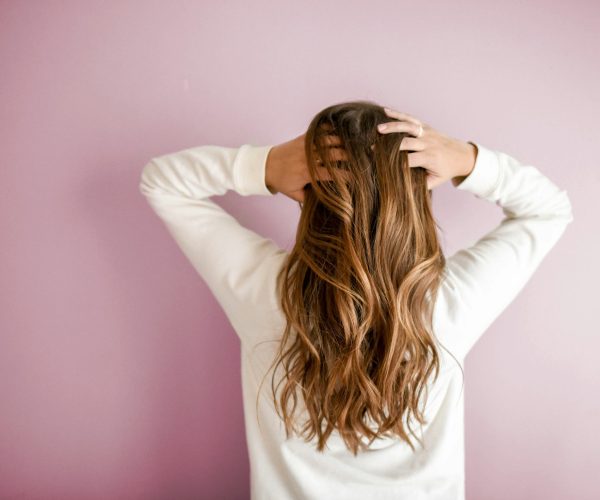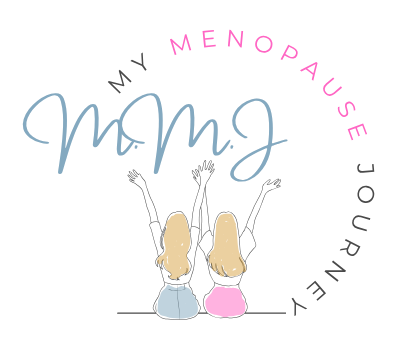How Menopause Affects Hair Growth and Texture

Hair Changes: Goodbye, Full Locks; Hello, Thinning Strands
If you’ve noticed more hair on your brush, the floor, or in your drain, you’re not imagining it. Menopause can lead to thinning hair, hair loss, or even changes in texture. And if your hair is starting to look a little less “fabulous,” you’re definitely not alone.
What Happens:
- Thinning hair or hair loss, especially around the crown
- Dryness or a change in texture
- Excessive hair shedding (cue the dramatic hair flip that now looks less dramatic)
The drop in estrogen can affect hair follicles, leading to hair thinning, and the body’s overall stress from menopause doesn’t help either.
What You Can Do:
Opt for gentle hair care products that nourish your scalp
Menopause can make your hair feel thinner, drier, or just… different. Switching to gentle shampoos and conditioners that focus on hydration and scalp health can make a noticeable difference. Look for sulfate-free, nourishing formulas with ingredients like argan oil, biotin, or aloe vera. And please—skip the harsh heat styling and over-washing. Your hair needs love, not stress.
Consider hair thickening treatments or extensions if you’re really missing that volume
If your hair feels limp or lifeless, there’s no shame in adding a little extra oomph. Hair thickening sprays, volumising mousses, or clip-in extensions can give your locks a boost and your confidence a lift. It’s about feeling good in your skin—and your hair is part of that.
Talk to your doctor about options like hormone therapy to help balance things out
If your hair changes feel drastic, it might be worth chatting with your GP or a specialist about hormone therapy or other treatments. Sometimes a hormone tweak can help slow down hair thinning or restore some bounce. It’s not a miracle fix, but it can be part of the bigger picture for managing menopause symptoms.
Bonus tip: Nourish from the inside
Healthy hair starts with what you put in your body. Eating a balanced diet rich in vitamins, minerals, and protein helps support hair growth and strength. Think leafy greens, nuts, fish, and plenty of water. Sometimes the best haircare routine starts at the dinner table.
